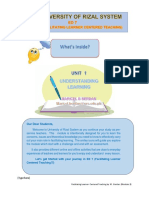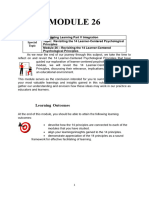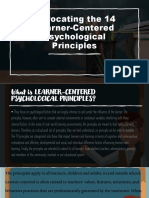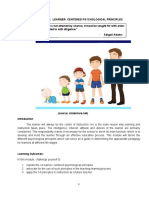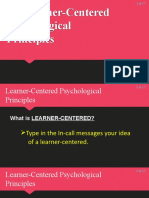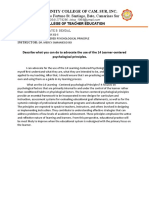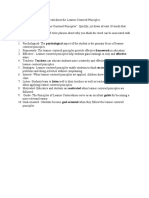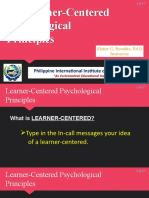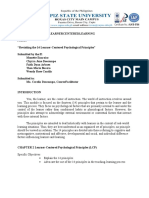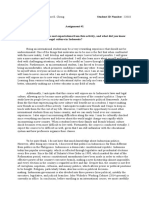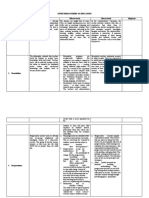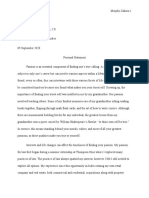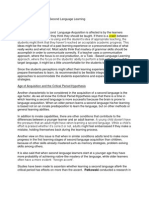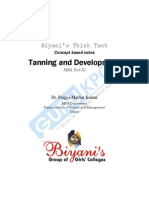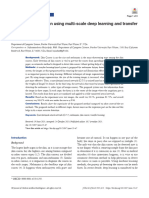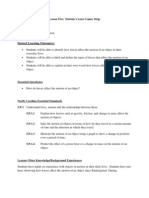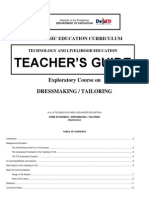0% found this document useful (0 votes)
54 views2 pagesActivity Module 2
The document discusses learner-centered psychological principles which focus on the learner's psychology and growth in learning processes. It emphasizes internal psychological variables under a learner's control rather than external factors. The principles are designed to consider learners holistically in real-world contexts and work together as an organized set of principles rather than in isolation.
Uploaded by
Franz Simeon ChengCopyright
© © All Rights Reserved
We take content rights seriously. If you suspect this is your content, claim it here.
Available Formats
Download as DOCX, PDF, TXT or read online on Scribd
0% found this document useful (0 votes)
54 views2 pagesActivity Module 2
The document discusses learner-centered psychological principles which focus on the learner's psychology and growth in learning processes. It emphasizes internal psychological variables under a learner's control rather than external factors. The principles are designed to consider learners holistically in real-world contexts and work together as an organized set of principles rather than in isolation.
Uploaded by
Franz Simeon ChengCopyright
© © All Rights Reserved
We take content rights seriously. If you suspect this is your content, claim it here.
Available Formats
Download as DOCX, PDF, TXT or read online on Scribd
/ 2


















